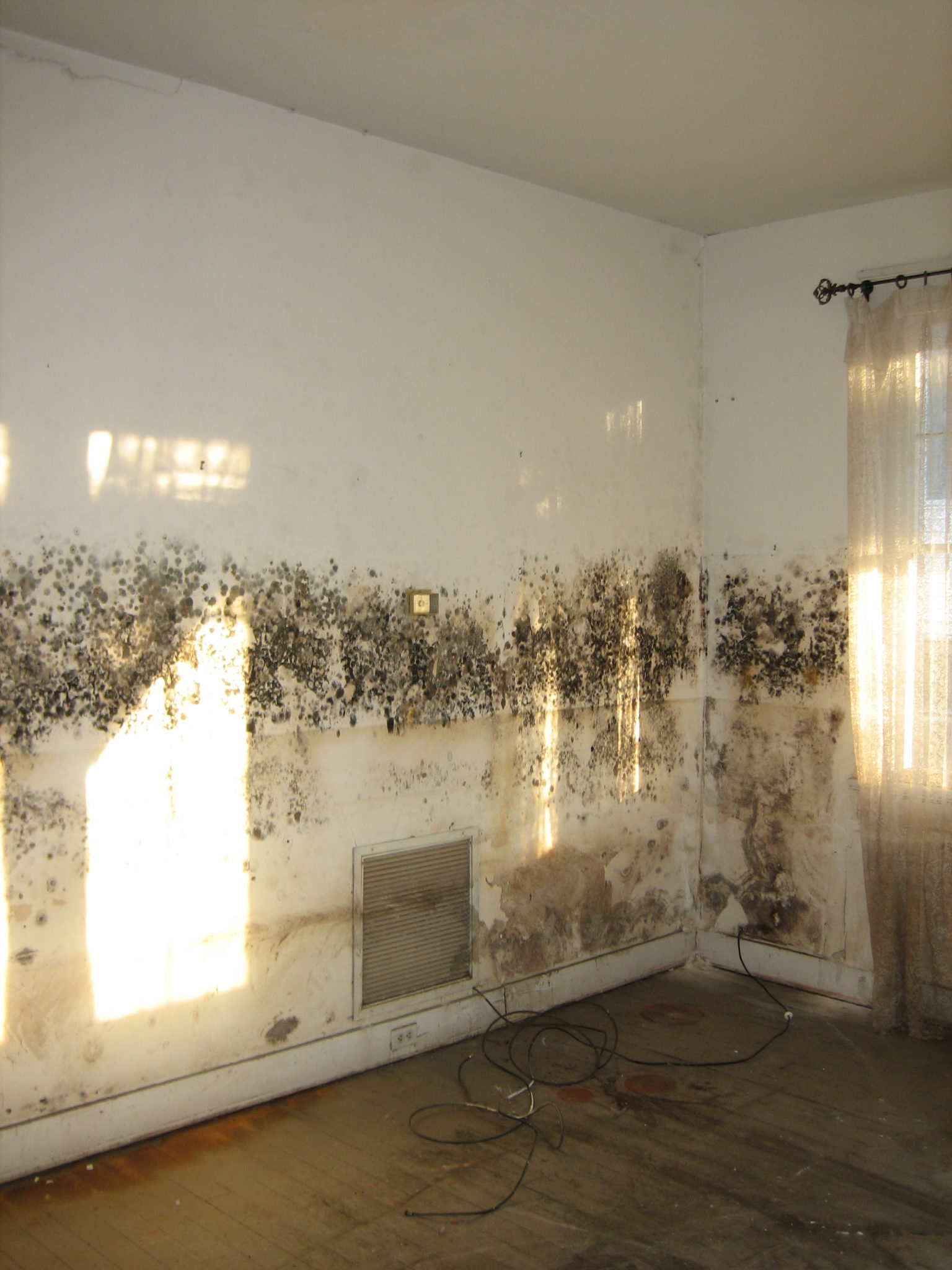
wikimediacommons
Moldy ceiling tiles, rodent feces, overheated classrooms — these are just a few of the environmental conditions some Connecticut teachers are reporting in the state’s public schools.
In a press release earlier this month, the Connecticut Education Association announced the results of an environmental survey, which includes responses from 334 schools statewide. The union received about 1,200 responses, and teachers at 55 New Haven County schools were among its participants. 53 percent of respondents reported environmental conditions not conducive to teaching and learning. According to the press release, some teachers and students reported respiratory ailments and other health issues like rashes due to the conditions in the public school buildings.
“It’s really bad,” Melanie Kolek, the attorney for the CEA, told the News. “It’s an epidemic, and it’s going to get worse.”
Kolek cited a particular concern that parents were not knowledgeable about conditions in the state’s public schools. He added that it was important to make the community at large — including parents and boards of education — aware of environmental concerns in schools.
Kolek also represents teachers across the state in individual workers’ compensation claims against the boards of education in their school districts.
“We absolutely advocate for the best education for our students through our teachers,” she said.
The report released by the CEA cites a University of Tulsa study which showed that lower classroom temperatures and better air ventilation improved learning ability and student performance by 10 to 20 percent. This year, temperatures as high as 80 degrees were reported in classrooms.
While the CEA press release cited multiple locations in which teachers complained about environmental issues — including major Nutmeg State cities Stamford and Bridgeport — New Haven was not explicitly identified in the release. The report did not provide data specifying classroom environmental complaints for each individual school district.
Representatives from New Haven Public Schools did not immediately respond to request for comment.
According to Kolek, the largest district with the most environmental problems is Stamford Public Schools. Last year, the Westover Magnet Elementary School in Stamford was shut down due to high mold spore counts. Coleytown Middle School in Westport was also closed, and other school buildings are being investigated, according to the press release. But Kolek added that environmental issues in schools spanned from Connecticut’s larger cities and towns to its smallest and most rural communities.
The Stamford public school district released a statement, first reported by the CT Mirror, addressing mold in school classrooms.
“Unfortunately, we have had to identify and address issues that have either been ignored, or gone unnoticed, for decades,” the statement reads. “With the overwhelming support of our staff, all of the Stamford boards, the mayor, our families and our community at large, we have made miraculous strides in a relatively short period of time. We acknowledge our work is far from completed. We will continue to work together to bring our facilities up to the same high standards as our educational offerings.”
The CEA released a separate Oct. 11 report, specifically detailing issues of extreme temperatures in Connecticut schools. According to the report, the highest temperature recorded by a CEA teacher was 108.2 degrees Fahrenheit at Cross Elementary School in Bridgeport. From June 3 to June 12, six of the 10 days saw a temperature above 100 degrees Fahrenheit at Cross Elementary School. Currently, Kolek said, there are no laws in Connecticut regulating excessive heat in the state’s schools. She said there is some “minimal reporting” required, but that it is not always followed or enforced.
According to the union’s website, it is currently working to pass legislation that would require conditions in public schools to be compliant with national air quality standards issued in 2016.
Talia Soglin | talia.soglin@yale.edu
Nick Tabio | nick.tabio@yale.edu







